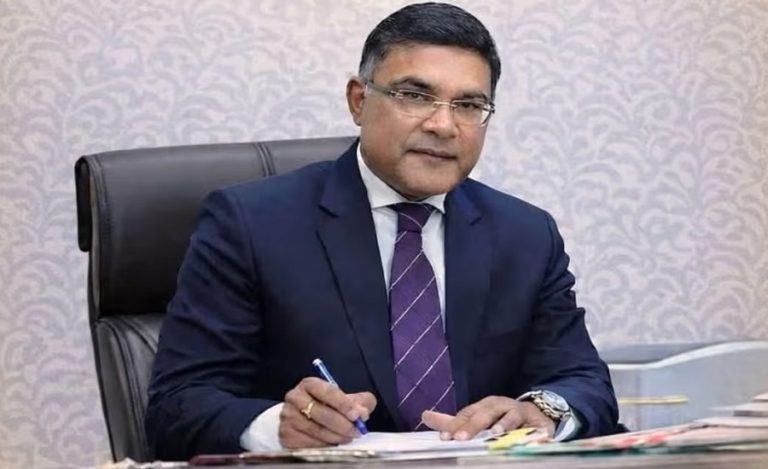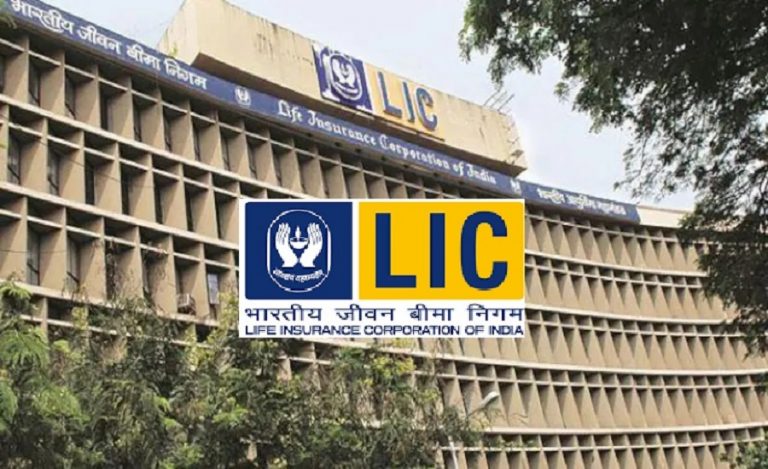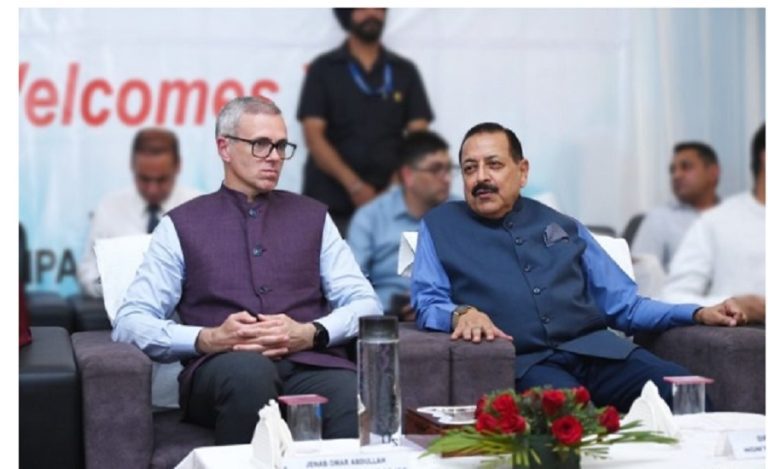New Delhi: India and Israel can collaborate in sectors such as cybersecurity, medical devices, mobility, and low-carbon steel production to strengthen the innovation ecosystem, Commerce and Industry Minister Piyush Goyal said on Friday. The remarks came ahead of bilateral trade talks between India and Israel, aimed at enhancing technology and startup partnerships.
Technology and Innovation at the Core of Trade Talks
Minister Goyal emphasized that technology and innovation collaboration will be a key focus of the proposed trade agreement between India and Israel. Speaking to reporters, he said, “We can collaborate with Israel to promote our own startup ecosystem, which we are aspiring to take to the levels of deep tech and high-quality innovation at competitive prices, given the economies of scale that India has to offer.”
Goyal, who is leading a 60-member Indian business delegation, highlighted the deep partnership potential with Israel, which is home to one startup per 1,000 people, making it a global hub for innovative enterprises.
Focus Areas for Collaboration
The minister pointed out several areas where startups from both countries could work together:
- Cybersecurity solutions
- Medical technology devices
- Mobility innovations
- Low-carbon steel production
He also highlighted Israel’s achievements in agriculture, climate technology, and health innovations, saying their approach of converting adversity into opportunity provides valuable lessons for India’s growing startup ecosystem.
Startup Bridge and Future Prospects
Goyal proposed the idea of setting up a startup bridge between India and Israel to encourage joint ventures, knowledge exchange, and scaling of innovative solutions.
He emphasized that such collaboration will be important as India aspires to become the startup capital of the world, offering scale, market opportunities, and investment potential to global innovators.
Looking Ahead
The ongoing bilateral trade discussions between India and Israel are expected to pave the way for strategic partnerships, increased startup investments, and joint technology initiatives, boosting innovation across sectors critical to both countries’ economies.





























